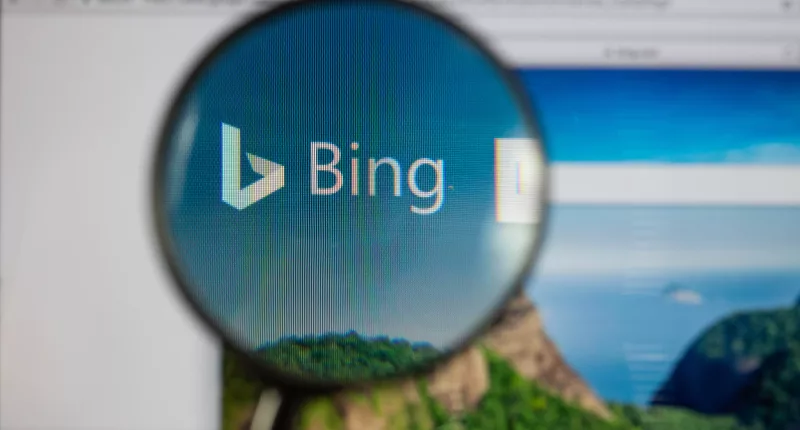In an attempt to challenge Google’s search dominance, Microsoft incorporated OpenAI’s ChatGPT into its Bing search engine last February. The move was hailed by some as an “iPhone moment,” set to revolutionise the search market. However, almost a year later, the anticipated change is yet to materialise.
According to data analytics firm StatCounter, Microsoft’s Bing, powered by OpenAI’s generative AI technology, ended 2023 with only a 3.4% share of the global search market. This represented an increase of less than 1 percentage point since the integration of ChatGPT was announced.
Bing has long struggled for relevance, with multiple rebrandings and redesigns failing to make it a serious alternative to Google. Before the AI integration, usage of Bing had declined, with people spending 33% less time on it in the 12 months leading up to the ChatGPT announcement.
The introduction of ChatGPT did help reverse these declines. In the second quarter of 2023, U.S. monthly active users more than doubled year over year to 3.1 million. Overall, users spent 84% more time on the search engine. By the end of the year, Bing’s monthly active users had steadily increased to 4.4 million.
Microsoft responded to this momentum by adding more AI tools to Bing, such as integrating OpenAI’s image-generating model, DALL-E 3, in October. Although not enhancing Bing’s search abilities, this addition led to a spike in usage.
Despite these efforts, Google, with over 90% of the market share, remains the default search engine on Apple devices, providing it with an advantage. Google’s experimental “search generative experience” and plans to embed its powerful large language model, Gemini, show its commitment to AI tools in the search domain.
Microsoft is also banking on generative AI to reshape how advertisers allocate their search spending. The company aims to move away from the traditional cost-per-click model by emphasising the faster and more direct answers AI-powered searches provide. However, it seems like the incremental gains made by Bing may not be sufficient to transform it into a formidable competitor.





